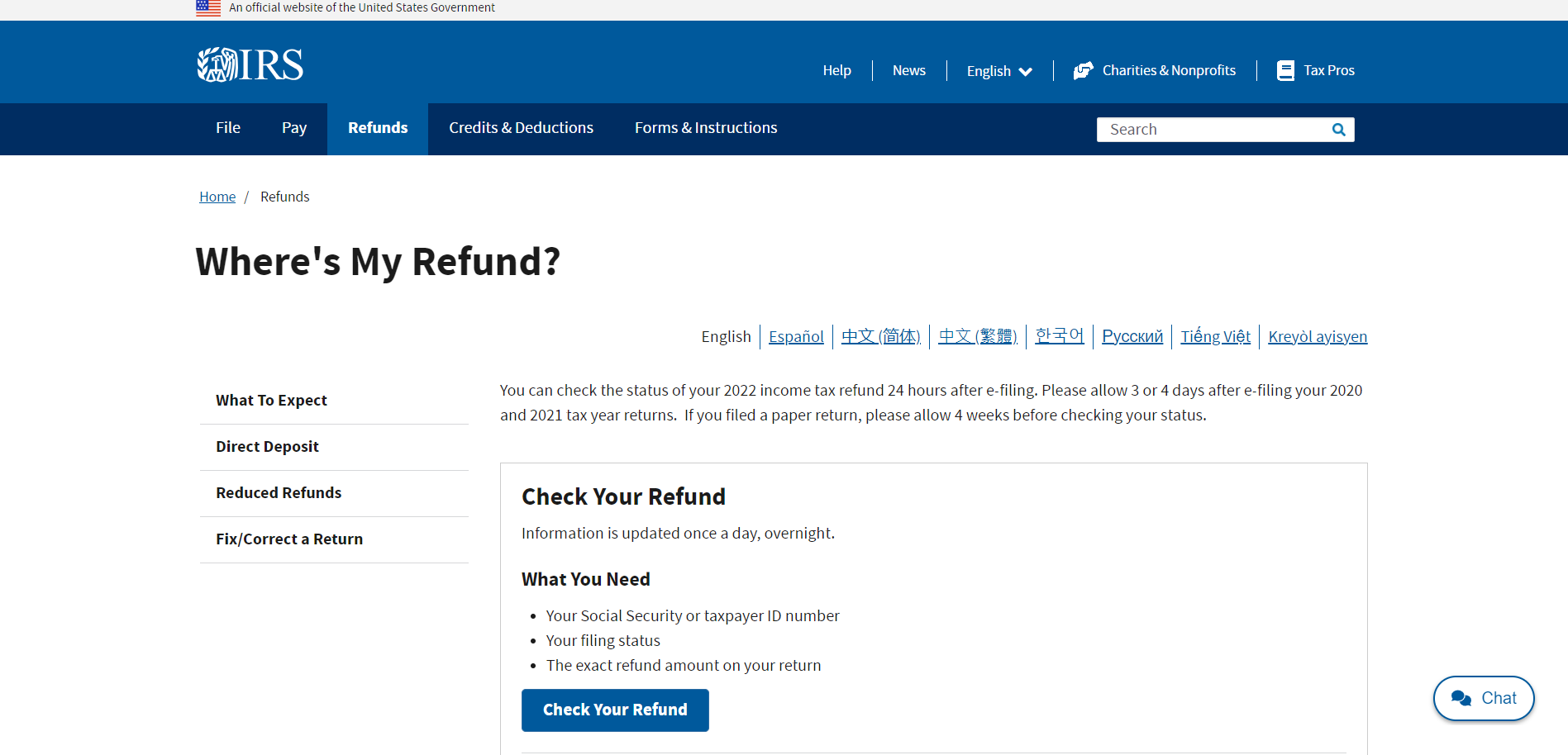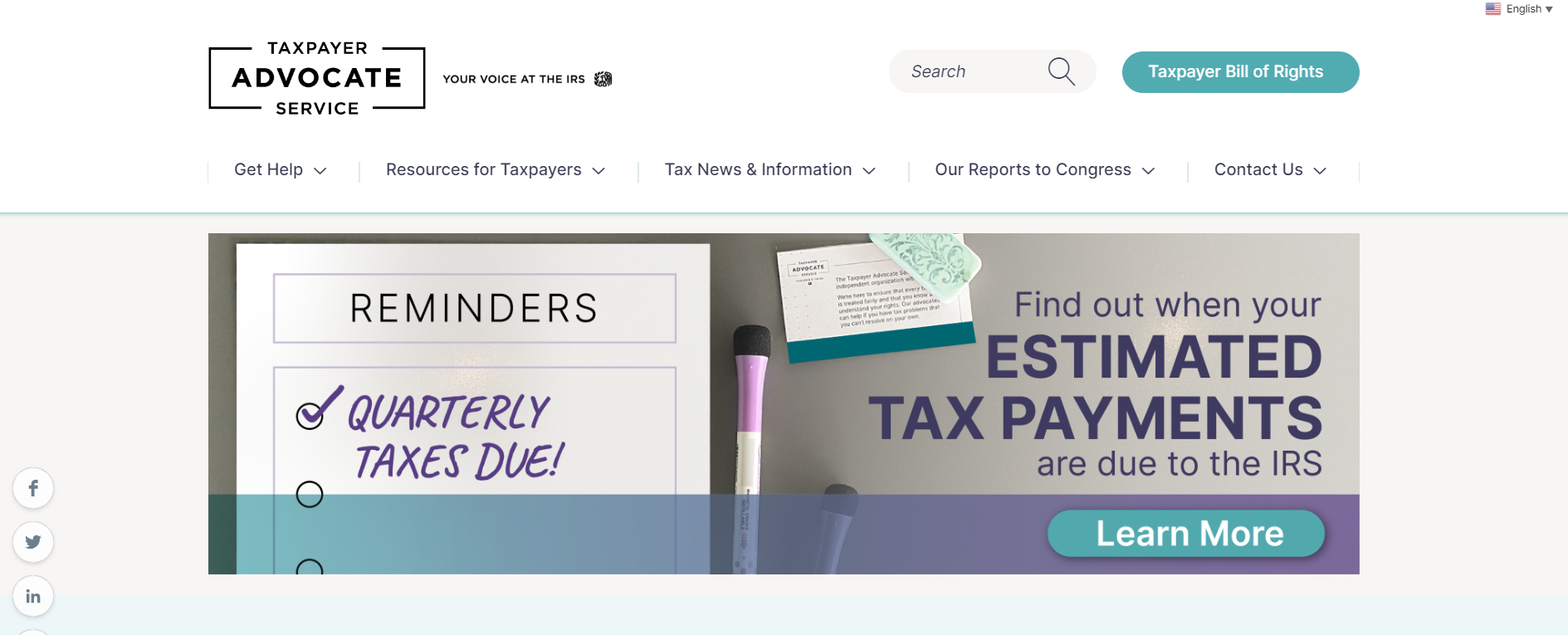Are you still waiting for your refund after applying for the Employee Retention Credit? So, how do I track my ERC refund? If you’re unsure about when or if it will be processed, this guide is for you.
Currently, the IRS is facing difficulties processing a high volume of ERC refunds, causing delays in various aspects. Due to the complexities involved in handling these tax credits, it can take several months for the process to be completed, making it challenging to track the status of your refund.
Many businesses are currently facing uncertainty and delays regarding their ERC refunds. If you are in the same situation, we are here to help provide clarity and guidance. Here’s what you need to know about the processing time for ERC refunds and what you can expect in terms of receiving your refund.
Understanding Employee Retention Credit
During the times of the COVID-19 pandemic, the ERC Tax Credit emerged as a support system for businesses. The U.S. Government introduced this credit specifically to provide relief to businesses facing difficulties caused by the pandemic.
If businesses managed to retain their employees despite facing setbacks due to government-imposed shutdowns or a decline in revenue, they became eligible for this tax credit. What is important is that this credit doesn’t need to be paid back.
However, while the ERC tax credit can be a lifeline, waiting for the refund can sometimes feel like a process to waiting for something that never arrives. With the IRS stacking up over 900,000 tax returns dating back two years, it is not a surprise that you have not received your ERC check.
Recent news around ERC has revealed that it may take a few months before you get any confirmation in this matter, and the best way to keep up with your application is to track it.
How Can I Track My ERC Refund Application?
Although you cannot expedite your ERC application or directly influence the IRS process, you have the option to monitor its progress and seek additional information if any delays need clarification.
- To track your refund, the initial step is to verify that the IRS has received it. It’s important to remember that electronic filing of Form 941X is not allowed by the IRS. Therefore, you must mail a copy of Form 941X to the designated IRS service center. It is recommended to use USPS-certified mail with a return receipt for added guarantee. While many assume their package has been delivered, it is advisable to check the status and confirm that USPS has successfully delivered it to the IRS.
- Once you have filed your details, confirming that the IRS has received and processed it is important. You can do this by calling the IRS business helpline at (800) 829 4933. When you reach out to them, be sure to have your employee identification number (EIN) and tax return information ready for a smooth status update.
Please be aware that there is currently a shortage of agents available to handle phone calls, which may result in longer than usual wait times when you are put on hold. Furthermore, it is important to note that an IRS representative might not be able to provide all the information you are seeking regarding your refund status. Please understand that speaking with an IRS representative will not accelerate the processing time for your ERC application. Presently, the IRS is experiencing delays in processing payroll tax returns, which may impact the timeliness of these refunds.
- Fortunately, there is an alternative method to check the status of your ERC. The IRS recommends visiting their official website and selecting the “Where’s my Refund?” page. This option is highly recommended for the most accurate and up-to-date information.

- If you are experiencing challenges due to the delay in receiving your Employee Retention Credit (ERC), there is another avenue you can explore. The Office of the Taxpayer Advocate Service, a dedicated division within the IRS, focuses on assisting taxpayers in resolving issues that have not been resolved through other means. They might be able to provide further support to address your concerns related to getting your ERC.

Individuals who have filed for the Employee Retention Credit (ERC) might be concerned about how they will receive their refund, whether it will be mailed or deposited. The method of receiving funds depends on each filer’s preference and discretion.
What is the Expected Timeline for Receiving ERC Refund?
The processing timeline for the IRS to handle refund requests spans 9 to 12 months. The IRS has recently implemented measures to slow down the processing time for ERC files. This adjustment aims to scrutinize better and identify incorrect or fraudulent claims.
The time can be more than a year before you get your refund. These waiting times are significantly longer than the IRS’s initial estimate of a 4 to 8-week processing period.
Why are there Processing Time Delays for ERC Refunds, and What to Do If Yours is Delayed?
Typically, it should take around 4 to 6 weeks to receive a refund for the Employee Retention Credit (ERC) process. However, there may be instances where delays occur due to reasons. Let’s examine some causes of delays in processing ERC refunds;
Mistakes in Application: One of the reasons for delays in processing ERC refunds is when incorrect or insufficient information is provided on the refund request form. It’s important to review all the details you provide.

Additional Documentation Required: Sometimes, the IRS may require supporting documents for your refund request. Failing to provide these documents can result in delays.
Staffing Challenges at the IRS: Delays can also occur due to a staff shortage or backlogs in processing within the IRS. These issues can affect the speed at which all refund requests are processed.
Challenges Related to COVID-19: The COVID-19 pandemic might have ended, but it has posed challenges for organizations that still persist. IRS is no exception. Errors or delays in processing may occasionally be attributed to these challenges.
Effect of False Claims: The processing of ERC has been dramatically affected by false claims. To maintain the program integrity and tackle this issue, the IRS has taken steps to implement measures, such as conducting reviews for large ERC claims. Unfortunately, these additional precautions have resulted in delays during the processing phase.
If you’ve noticed that your ERC refund is taking longer than expected, there’s no need to worry. Here are steps you can take to address the delay;
Regularly Check Refund Status: Keep an eye on your refund status by visiting the website provided by the IRS. This convenient online tool keeps you updated in time about the progress of your refund.
Reach out to the IRS: If you suspect any delays or have queries regarding your ERC refund, please get in touch with the IRS at 1 800 829 1040. They can provide you with updates on the status of your refund. Inform you about any processing delays.
Check Your Request Form: Ensure all the details on your refund request form are accurate and complete. Verify that you’ve included all documents to support your refund request. Paying attention to details is essential.
Consider Seeking Professional Help: If you find the process overwhelming or would like expert guidance, consider working with a tax professional. They can assist you in navigating through the complexities of the refund process. Help resolve any delays.
Can You Expedite the ERC Refund Process?
No, there is no way to expedite the actual ERC refund process. After you’ve submitted your ERC form to the IRS, all that’s left is to wait patiently for your refund check to be processed and issued.
To avoid any further delays in the process, it is essential to double-check your ERC claim for errors. These errors can range from simple calculation mistakes to missing signatures.
If you need assistance, you can contact our support team. Another option is to hire a professional who specializes in handling these claims.

If you used a third-party company to claim your Employee Retention Credit (ERC), you might ask them about any available funding programs or advances, like ERC bridge loans. However, it’s important to remember that these loans may come with high costs, so it’s wise to carefully evaluate the advantages and disadvantages before deciding.
Conclusion
The Employee Retention Credit (ERC) has been incredibly important for businesses affected by COVID-19. If you’ve already applied for the ERC and are waiting for your refund, it’s crucial to keep track of your refund status and be aware that there might be delays in processing times.
Frequently Asked Questions
Q: Where do I report the ERC (Employee Retention Credit)?
Employers include the ERC on their employment tax returns when they have wages that qualify for this credit. Usually, this is done on Form 941, which is the Quarterly Federal Tax Return. If you accidentally forgot to claim the ERC but later realize you are eligible, you can amend your Form 941. This ensures you receive the credit you are entitled to without any issues or complications.
Q: How can I document an ERC refund in my financial records?
To properly document an ERC refund in your records, you should follow these guidelines;
1. Debit the Income Tax Expense account with the amount of your tax payment.
2. Credit the Cash account for the amount.
In case you have submitted an amended return to claim the ERC refund, please adhere to these instructions;
1. Debit the Cash account.
2. Credit the Income Tax Expense account.
By following these steps, you can ensure that your business maintains accurate records.
Q: How long does it usually take to get a refund for the ERC?
Typically, employers can expect to receive their ERC refund within a time span of 8 weeks to a year or more. This timeframe generally applies to businesses after filing for the refund. It’s worth mentioning that the specific waiting period for ERC refunds may differ from one company to another.
Q: What kinds of grants does the ERC provide?
The ERC provides four types of grants, which are referred to as grant schemes. These include:
Starting Grants
Consolidator Grants
Advanced Grant
Synergy Grants
Each of these grants has its objectives and offers support for different stages of research and innovation.
